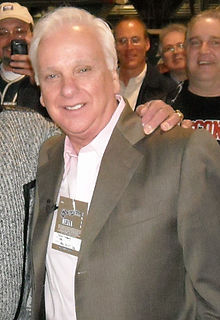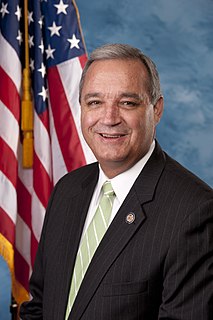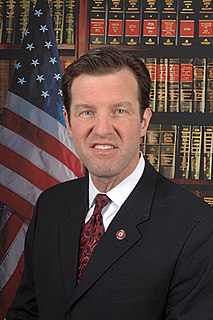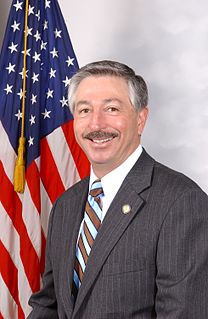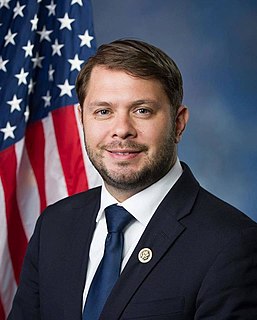A Quote by Cathy McMorris Rodgers
We need to address the systemic structural issues within the VA - the misallocation of resources, the interminably long waiting lists, the bureaucratic inefficiencies - to ensure that our American heroes are properly protected the second they return home from war.
Related Quotes
It's important in our role as leaders that we use the platform to address issues, to address barriers, to identify best practices for overcoming these challenges with businesses small and large. Maybe there are some public policy issues that we need to address. Maybe some of them are at the federal level and some are at the state or local level.
There is an undeniable economic and cultural disconnect between many of those who volunteer to serve and those who choose to remain civilians. But what is more concerning to me is the disconnect between our political leadership that applauds our soldiers and veterans, but then won't provide funding to properly armored vehicles or health care when our servicemen and women come home. You can't send men and women to war without being prepared to take care of them abroad and give them the services they need when they return home.
I think the American people recognize is after a decade of war it's time to do some nation building here at home. And what we can now do is free up some resources, to, for example, put Americans back to work, especially our veterans, rebuilding our roads, our bridges, our schools, making sure that, you know, our veterans are getting the care that they need when it comes to post-traumatic stress disorder and traumatic brain injury, making sure that the certifications that they need for good jobs of the future are in place.
The United States government was proud that, although perhaps 100,000 Iraqis had died in the Gulf War of 1991, there were only 48 American battle casualties. What it has concealed from the public is that 206,000 veterans of that war filed claims with the VA for injuries and illnesses. In the years since that war, 8,300 veterans have died, and 160,000 claims for disability have been recognized by the VA.
Communities do need police, but law enforcement needs to be much more transparent and held accountable for their actions. We also need increased resources for mental health services, affordable housing, education, jobs training, and much more to truly address social and economic issues in our communities.





